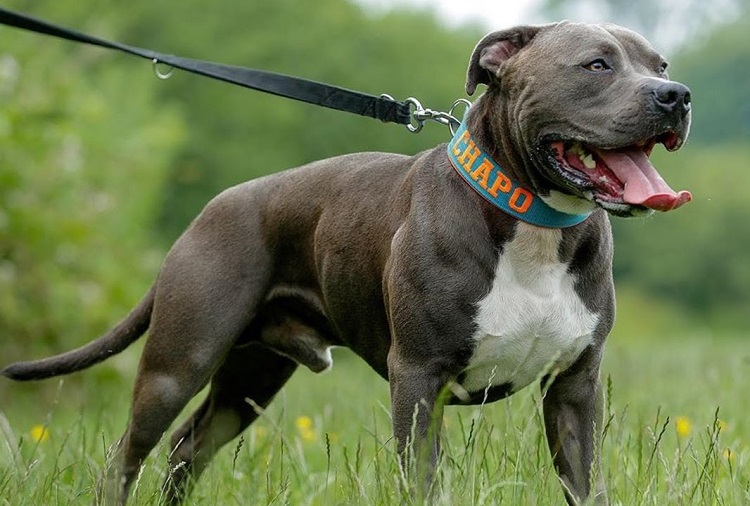The Central government has called on states to implement a ban on specific ‘aggressive’ dog breeds due to a rise in fatal attacks. These breeds, including Rottweiler, Pitbull, Terrier, Wolf dogs, and Mastiffs, are considered hazardous to human life. The ban will extend to mixed and crossbreeds of these breeds as well. This directive follows a report submitted by a committee comprising experts and animal welfare organizations, in compliance with an order from the Delhi High Court.
The Department of Animal Husbandry and Dairying has issued a letter to all states, urging local authorities to abstain from granting licenses or permits for the sale and breeding of specific dog breeds. They have emphasized the necessity of sterilizing dogs of these breeds already kept as pets to curb further breeding. The breeds identified for the ban, including mixed and crossbreeds, are:
– Pitbull Terrier
– Tosa Inu
– American Staffordshire Terrier
– Fila Brasileiro
– Dogo Argentino
– American Bulldog
– Boesboel
– Kangal
– Central Asian Shepherd Dog
– Caucasian Shepherd Dog
– South Russian Shepherd Dog
– Tornjak
– Sarplaninac
– Japanese Tosa
– Akita
– Mastiffs
– Rottweiler
– Terriers
– Rhodesian Ridgeback
– Wolf Dogs
– Canario
– Akbash
– Moscow Guard
– Cane Corso
– Bandog
The letter also brings attention to the concerns raised by citizens and animal welfare organizations, along with the Delhi High Court’s order to ban certain dog breeds as pets. The court had instructed the Union of India to make a decision on the matter after consulting all stakeholders, ideally within three months.
Furthermore, the government has urged states to ensure the enforcement of the Prevention of Cruelty to Animals (Dog Breeding and Marketing) Rules 2017 and Prevention of Cruelty to Animals (Pet Shop) Rules 2018 by the local bodies and state animal welfare boards. The government’s initiative aims to protect human life and mitigate future occurrences of dog attacks. It represents a move towards advocating responsible pet ownership and ensuring the well-being of both humans and animals. Local bodies are expected to issue pertinent guidelines for the ban’s implementation.




